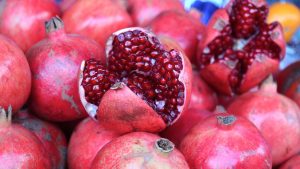A comparative study reveals the source of preventing depression may be hiding in the refrigerator.
Others are reading now
Depression, a common and debilitating mental health condition, may have a surprising link to diet.
A study led by researchers at the University of New South Wales in Australia suggests that eating more fruits and vegetables can significantly lower the risk of developing depression later in life.
The meta-analysis, published in Scientific Reports, examined data from 3,400 twin pairs aged 45 to 90 from four countries.
The researchers found that individuals who consumed the most fruits and vegetables had a notably lower risk of depression compared to those with the lowest intake.
Also read
This protective effect is believed to be tied to the high levels of antioxidants, dietary fiber, vitamins, and micronutrients found in fruits and vegetables, which may help combat oxidative stress and inflammation—common in people with severe depression.
Intake Levels Still Too Low
Despite the benefits, researchers noted that participants’ fruit and vegetable consumption was significantly below the World Health Organization’s recommendation of at least 400 grams per day.
-
“The average intake in the Scandinavian studies was less than half the WHO’s recommendations,” said Dr. Annabel Matison, lead researcher from the Centre for Healthy Brain Ageing (CHeBA), in a press release.
-
“This discovery gives another reason for individuals aged 45 and older to increase their fruit and vegetable intake,” Matison added.
Antioxidants in fruits and vegetables can help reduce inflammation, while dietary fiber supports gut health, which is increasingly linked to mental well-being.








